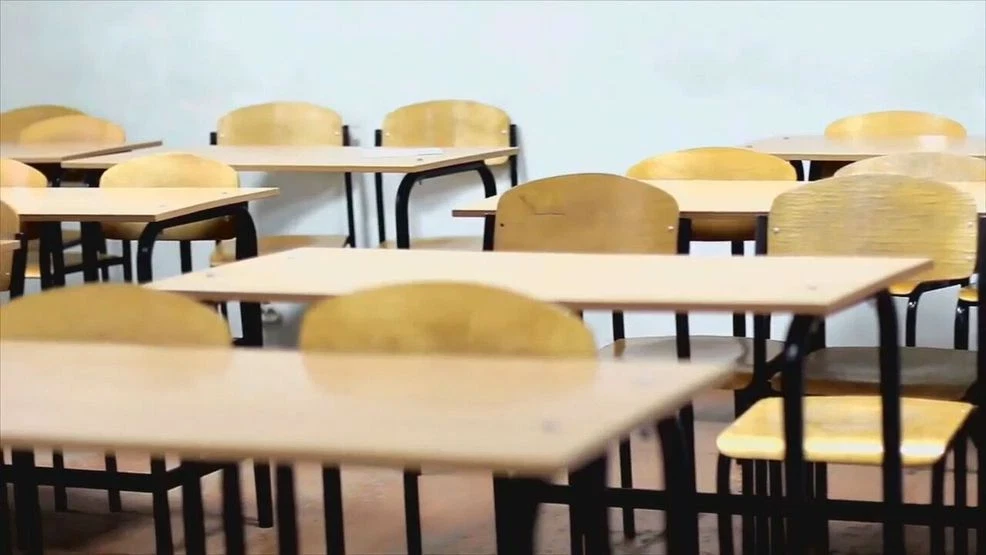- August 15, 2025
Investigation Reveals Deep Conflicts of Interest at Private Schools Set to Receive Texas Voucher Funds

Austin, Texas — A joint investigation by The Texas Tribune and ProPublica has uncovered alarming practices across at least 27 private schools likely to benefit from Texas’s newly enacted $1 billion private school voucher program, scheduled to begin in the 2026–27 school year .
Among the findings:
-
One Houston private school’s governing board has spent eight years exclusively appointing married couples, raising concerns about nepotism and lack of governance diversity .
-
Two Dallas-area schools have funneled over $7 million in contracts to companies owned by their own board members .
-
At least seven private schools have issued personal loans—often over $100,000—to their own heads of school, with scant public disclosure of terms .
These practices—rife with nepotism, self-dealing, and financial conflicts—would be illegal for public or charter schools, but private schools operating under the voucher program largely escape such oversight .
“It’s frankly astonishing to me that anyone would propose the massive sort of spending … with, at best, minimal accountability,” said Mark Weber, a public school finance lecturer at Rutgers University .
Although Governor Abbott and other supporters assert that Texas taxpayers’ funds will be used “efficiently and effectively” under the voucher program, the law imposes no meaningful conflict-of-interest restrictions for private schools .
Private schools are not subject to the same transparency mandates as public institutions—such as annual independent audits, conflict disclosures, or strict governance requirements. Instead, oversight is delegated to private accreditation bodies, whose standards vary widely and often lack financial rigor .
-
Issue: The voucher program injects public funds into private schools with extremely limited oversight, despite evidence of internal financial mismanagement.
-
Implications: Taxpayer dollars could be diverted toward practices that violate norms upheld in public education.
-
Missed Safeguards: Without transparency measures, such as mandatory audits or restrictions on self-dealing, the risk of misuse grows.
-
Call to Action: Lawmakers and advocates should consider enacting provisions that require private schools to adopt public-school-like accountability—especially given their reliance on taxpayer support.

